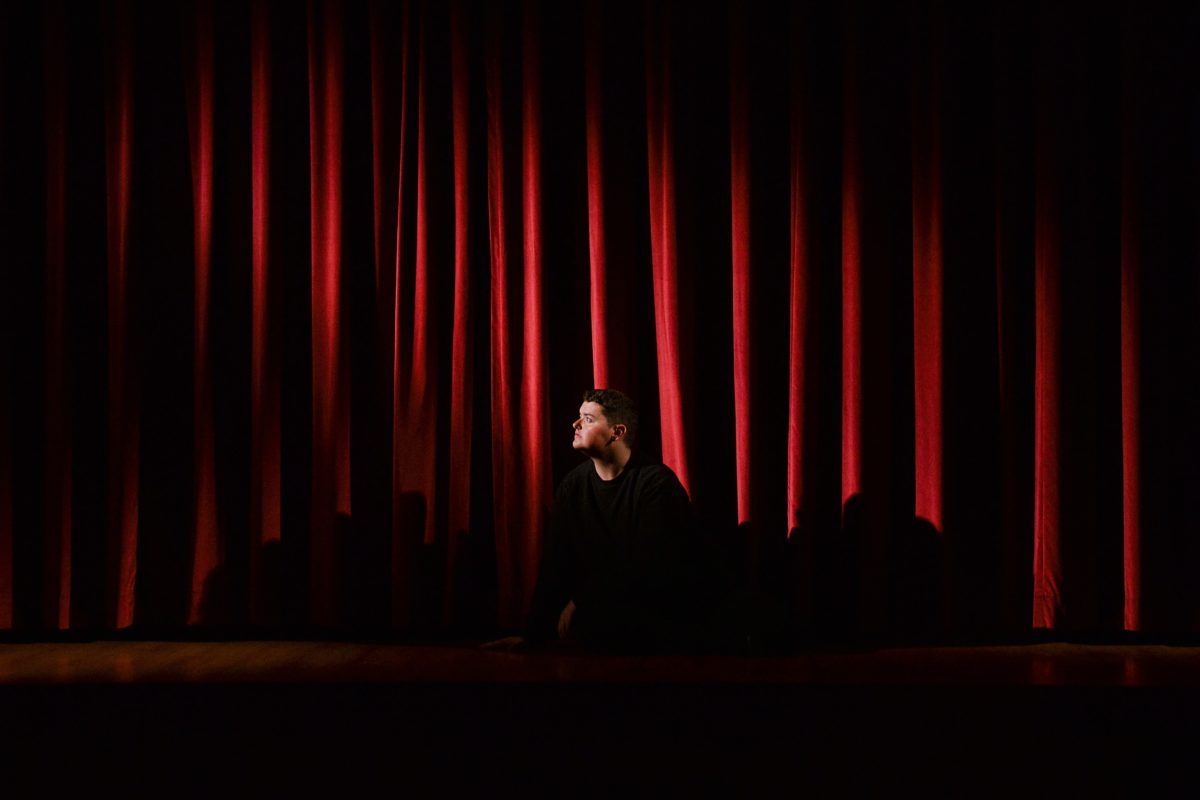
Zangwill on Art Versus Reality
Zangwell, "Chronicle and Comment" in The Bookman (), pp. 198-9.The drama did not begin as an artistic product. It had no intention of being artistic.
Its intention was strictly honourable, but evolution reigns ererywhere. Everything begins as something else, and every claim of art has begun out of religion. The first drama was a religious dance.
When Wagner re-united the arts he only reunited what evolution had put asunder.
The first drama was not art, but reality.
The first drama was not art, but reality.
Schiller says that art is the outcome of the play of impulse. It is the overflow of energy
not exhausted in the struggle for existence.
Children with nothing to do play at keeping school: the thing in itself is no joke.
The Puritan revulsion against art is based upon a true instinct. Stupid people are often
right upon wrong grounds.
The beautiful may not be useful as literature, as Socrates says, but the beautiful cannot help being the useful.
By the irony of things the churchgoer often takes his sermon as art, something to be enjoyed and criticised, not something to be acted upon.
Simulation without stimulation is the secret of the dreariness of much modern realism.
A novelist is too often tempted to parade his own person, as most notably in Trilby.
But Du Maurier was only following Thackeray, who, in Vanity Fair, said: “Come, children, let us shut up the box and the puppets, for our play is played out.”
A good play must have life-likeness, unity and vitalising or stimulating power. In other
words, it should simulate, stimulate and concentrate.
The nearer you approach to reality the further you depart from art.
The nearer you approach to reality the further you depart from art.
No two lovers ever spoke like Romeo and Juliet before Shakespeare. Greek statues are cold and colourless, the better to bring out the beauty of pure form.
In fiction everything is true except names and dates: in history nothing is true except names and dates.
In fiction everything is true except names and dates: in history nothing is true except names and dates.
The old actors are dead and buried, but the plays are dead and printed. You can buy
them at the price of eggs, twenty-five cents a dozen, and they are mostly bad.
Art may have a license denied to life.
The best two plays since Shakespeare are The School for Scandal and She Stoops to Conquer.
Problem plays are often only essence plays. The term “problem” play is absurd. Art can never answer problems. Every form of art, then, has the right to exist. All that is necessary is life-likeness.
Shakespeare is no longer classic art. It is romantic art. Shakespeare’s art, in fact,
is Gothic art.
Many of Shakespeare’s play’s are rather dramatic novels than plays. In fact, Shakespeare simply followed the old novels that he stole from.
Othello is a great play, going forward with a strong dramatic movement, but many
of Shakespeare’s plays are bewildering when presented in the two hours’ traffic of the stage.
Ibsen’s ink often runs in the veins of his characters, but of his unity there can be no
question.
Ibsen is a writer of parts, not plays.
The dramatic moment, known in life as “having it out”.
It is not tragedy that depresses. The quality of the emotion is the genuine test.
The invention of incident has never troubled the great writers.
Surprise is not an art emotion. You can be surprised but once, whereas a thing of beauty is a joy forever.
The French stage has never lost its literary tradition. We hare legitimised its children,
we have turned its intrigues into flirtations; but such virtue has its own reward.
The Greek stage asked only two boards and a passion; the English stage wants two sticks
and a wardrobe. The actor thinks the part is greater than the
whole.
The critic is of no effect at all. The critic comes at the heels of the new play barking or gamboling for joy. But this critic is often dishonest — a sort of taster between the manager and the public.
The modern receipt for a successful play is a paying compound of snivel, drivel and devil.